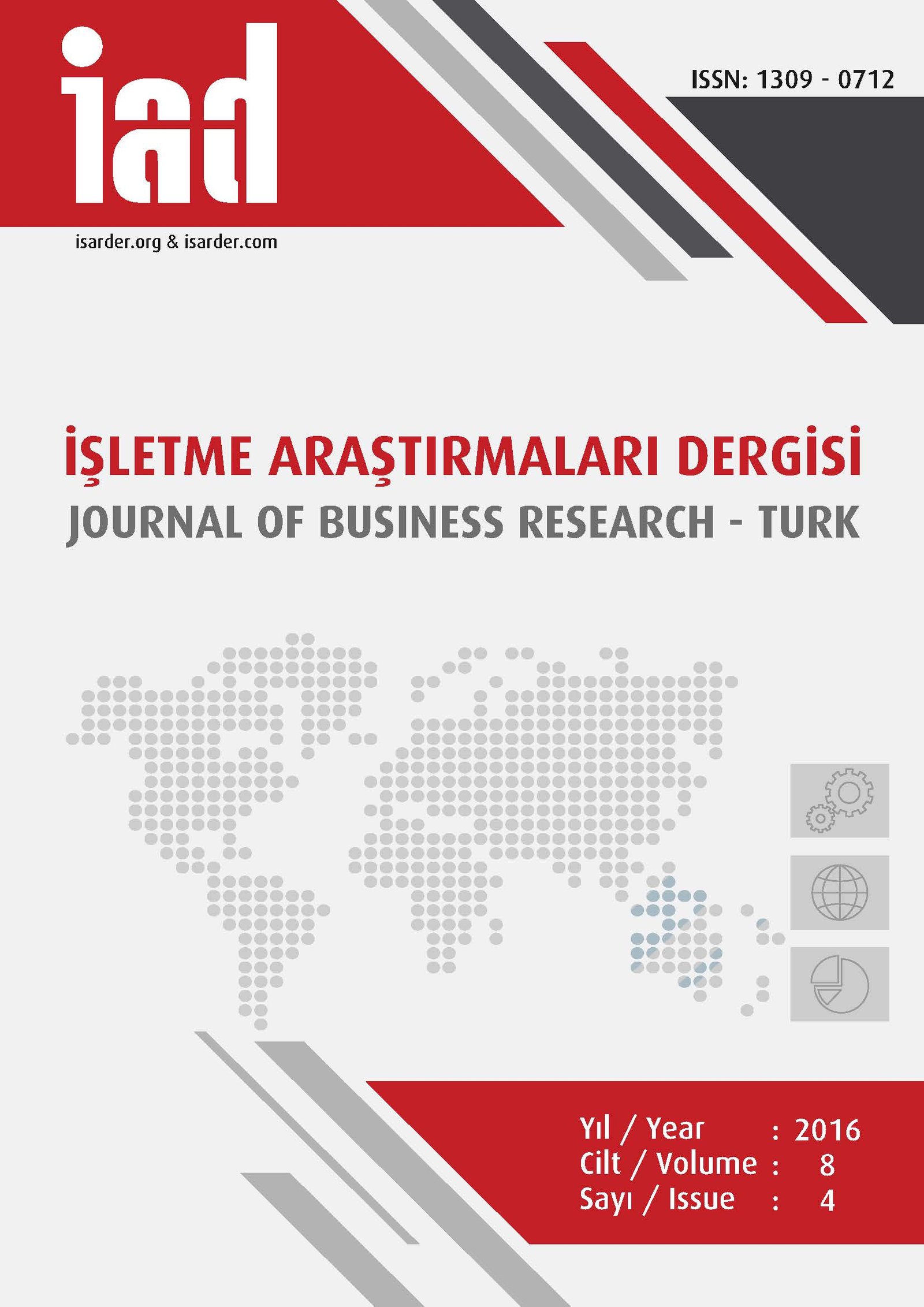A Comprehensive Approach to Investigate the Relation between Political Risk and Economic Development
Keywords:
Economic development, political risk, structural equation modelingAbstract
The relation between political risk and economic development is a highly-debated issue in the literature. Investigation of this phenomenon plays a critical role to explain the behavior of multinational companies in the frame of foreign direct investments especially or emerging countries. Generally the studies that focus on that subject have applied macro models via directly using of indicators. This paper tries to show an alternative method for investigation the relation between political risk and economic development in more comprehensive way by applying structural equation modeling. Accordingly, political risk and economic development are identified as latent variables in the model and these latent variables represent the functions of indicators. The hypothesized structural equation model was applied. The data set includes 13 indicators of 178 countries for 2013-2014 terms. The results show that (1) there is significant and high size positive relationship between political risk and economic development and (2) control of corruption and human development index has high-level of interaction with political risk and economic development respectively according to their standardized coefficients. These finding suggest that factors of social capital and human capital seem more efficient than pure macroeconomic indicators in order to explain the relationship between political risk and economic development.
Downloads
Published
How to Cite
Issue
Section
License

This work is licensed under a Creative Commons Attribution-NoDerivatives 4.0 International License.





